A Small Electric SUV Produces 52% Fewer Life Cycle Greenhouse Gas Emissions than a Comparable Gasoline Vehicle
CleanTechnica EVs
AUGUST 27, 2024
In 2024, a small electric SUV with a range of 300 miles produces 52% fewer life cycle greenhouse gas (GHG) emissions than a comparable gasoline vehicle. Electric vehicles (EVs) have no tailpipe emissions, but nearly three quarters of the GHG emissions for a gasoline vehicle come from the tailpipe (vehicle.


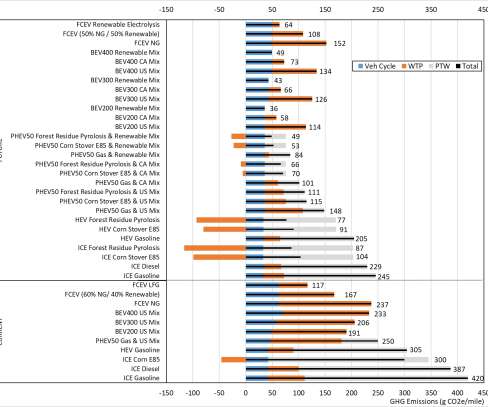


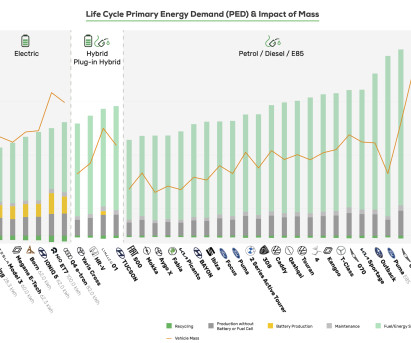



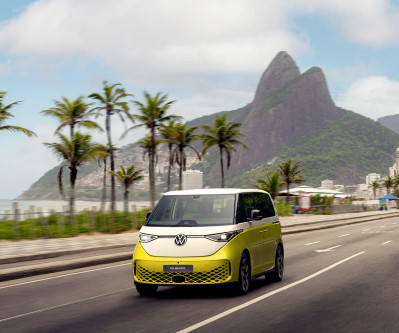



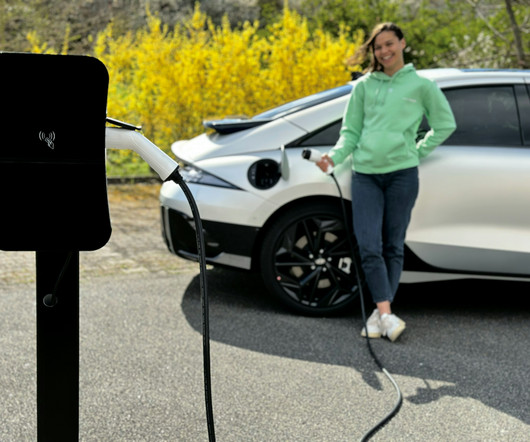





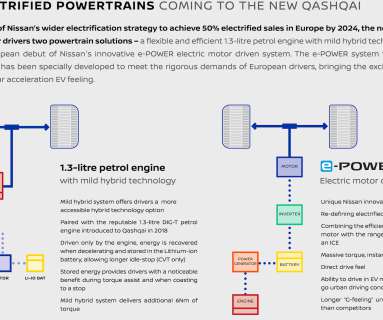


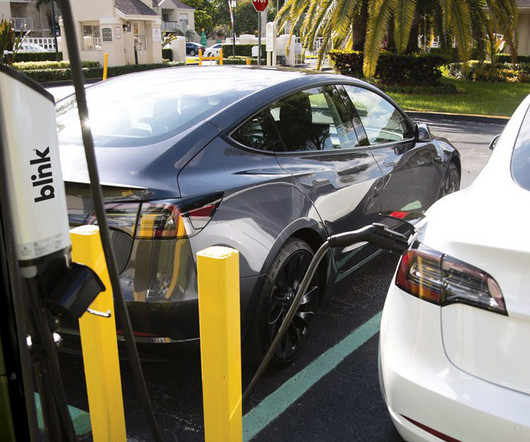










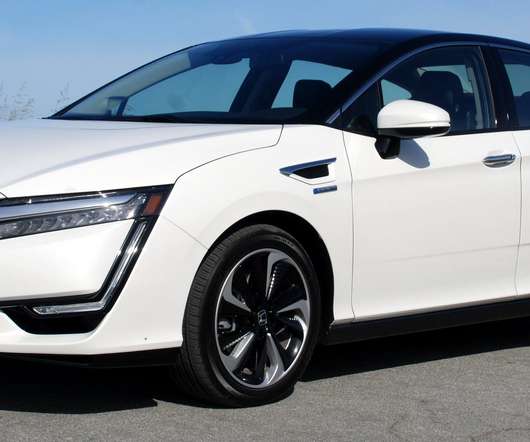













Let's personalize your content